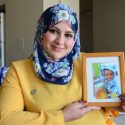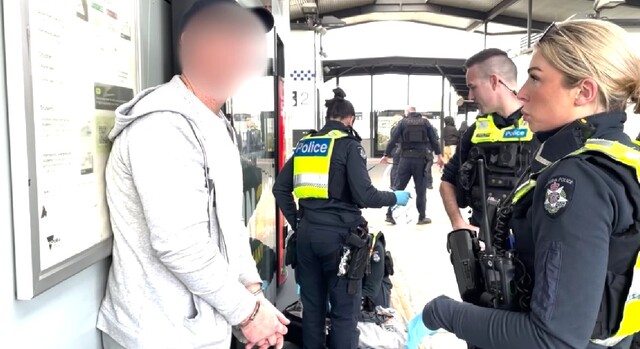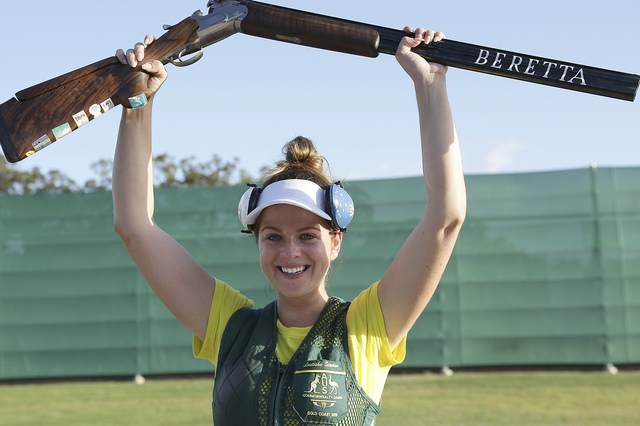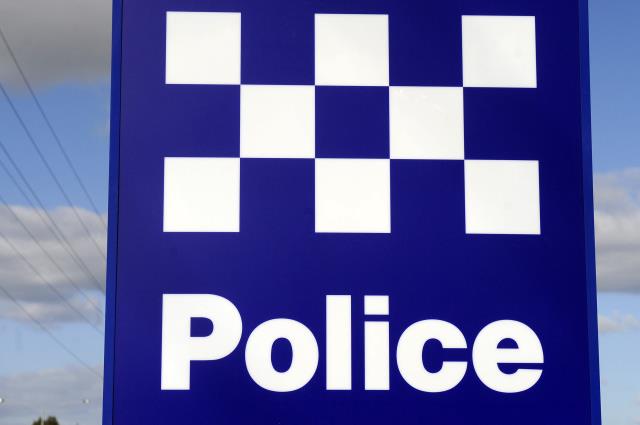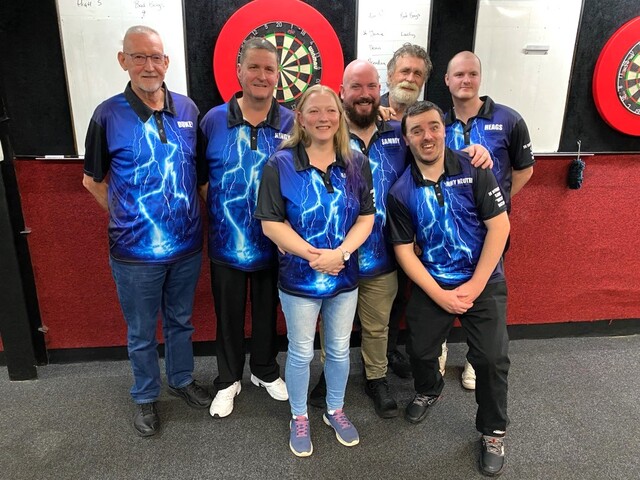By Casey Neill
Afaf Alfawwal thought her three-month-old son would be better off without her.
The Dandenong mum even considered running away.
She couldn’t stop crying, couldn’t sleep and had vivid visions of horrible things happening to Zach.
Things that should have come easily like brushing her hair and eating became near-impossible tasks.
Postnatal depression had taken hold.
“After I made my recovery I was shocked this topic wasn’t discussed as widely as it should be,” Ms Alfawwal said.
“I want to let women and men know that they’re not alone, that there is help out there and light at the end of the tunnel.”
The 25-year-old said that the first three months after Zach was born were a “whirlwind”.
Ms Alfawwal went from working 40 hours a week to staying at home “with someone completely reliant on me” and her husband was finding his feet in Australia following a move from overseas.
“I was loving it, though, because I was wanting to be a mum,” she said.
Then one night Zach wanted her to hold him.
“I went into a full-blown anxiety attack. I couldn’t pick him up. I was too scared,” Ms Alfawwal said.
“It seemed it was literally a switch that had happened overnight.
“Now that I look at it, it was developing slowly.”
She endured the symptoms for about a month before she broke down in front of her aunt, who immediately recognised the problem.
Ms Alfawwal went to the Perinatal Anxiety and Depression Australia PANDA website.
“I ticked off 90 per cent of the symptoms,” she said.
“It was a massive relief knowing what it was.
“It got rid of that fear factor.”
She saw a psychologist and a GP, received help from family members, used the PANDA hotline and was prescribed anti-depressants.
“Slowly but surely I started seeing the light at the end of the tunnel,” she said.
It took Ms Alfawwal eight months to recover.
“It’s just made me so much more grateful for my son,” she said.
“I’m so much more present.
“It was a really rocky road but I’m a better person now than I was before.
“I learnt so much through that struggle.”
More than one in seven new mums and up to one in 10 new dads experience postnatal depression in Australia each year.
“Prior to having my child I had suffered anxiety when I was 18,” Ms Alfawwal said.
“I wasn’t told that having anxiety or having a mental illness put you at greater risk.”
She now knows that information like this and support is readily available, including pamphlets in multiple languages for spouses and family members.
Ms Alfawwal said being a Muslim woman with a Lebanese background was part of the reason she didn’t immediately reach out for help.
“The idea was held that you don’t talk about this,” she said.
“No matter what culture you come from, what religion you follow, if this does happen to you, you shouldn’t be afraid to speak out.
“Don’t let that cultural stigma weigh on you.
“You’re a human being, after all.”

